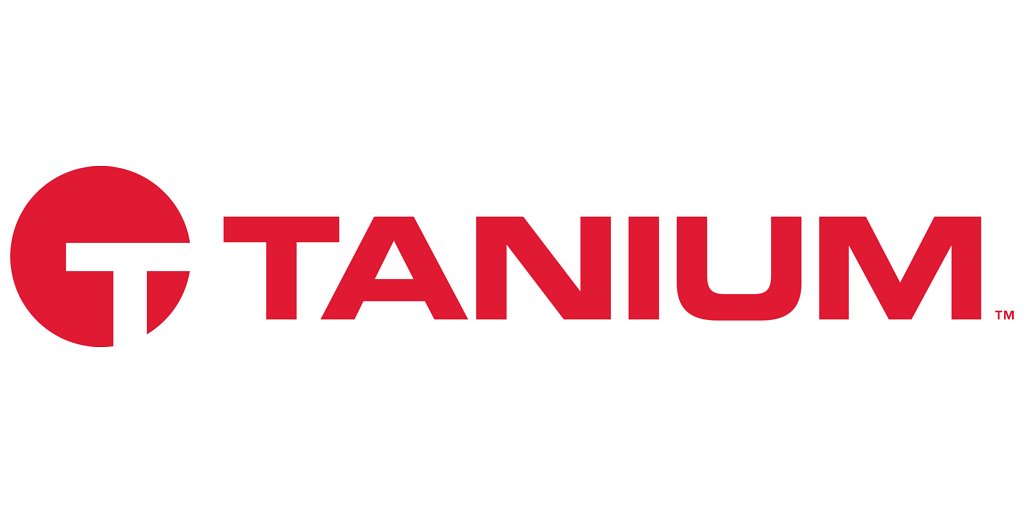
Tanium Bets on AI to Deliver 'Autonomous IT' Across Expanding Endpoint Landscape
Endpoint management firm Tanium is doubling down on artificial intelligence and expanding into operational technology and mobile, aiming to deliver a truly autonomous IT experience. But can its vision overcome a crowded market?
Tanium Bets on AI to Deliver 'Autonomous IT' Across Expanding Endpoint Landscape
NEW YORK, NY – November 18, 2025
Tanium, a leading provider of endpoint management solutions, is aggressively pursuing a vision of 'Autonomous IT,' leveraging artificial intelligence and real-time data to automate security and operational tasks. Unveiled at the company’s 10th annual Converge conference, new features like ‘Tanium Ask’ and the ‘Tanium AI Agent for ServiceNow’ are central to this strategy, alongside an expansion into operational technology (OT) and mobile device management.
The Rise of AI-Powered Endpoint Management
The promise of Autonomous IT isn’t simply about automation; it’s about enabling organizations to proactively prevent issues, rapidly respond to threats, and streamline operations without constant manual intervention. Tanium’s approach centers around providing real-time visibility into every endpoint – from traditional desktops and laptops to industrial control systems and mobile devices. This granular visibility is then coupled with AI-powered analytics and automation capabilities.
“The traditional reactive model of IT and security is no longer sufficient,” says one industry analyst familiar with Tanium’s strategy. “Organizations need to shift towards proactive, predictive, and automated approaches, and Tanium is positioning itself as a key enabler of that shift.”
Tanium Ask, an AI assistant integrated into its platform, aims to democratize access to endpoint data. Instead of requiring specialized skills to query and analyze data, users can simply ask questions in natural language, and the system will translate those queries into actionable insights. This is particularly valuable for security operations, where analysts are often overwhelmed with alerts and data. “The idea is to empower more people within an organization to make informed decisions,” says another analyst. “If you can reduce the time it takes to investigate and resolve issues, that’s a significant win.”
The integration with ServiceNow further extends this capability, embedding Tanium’s real-time intelligence directly into IT Service Management workflows. This allows analysts to automatically enrich incident data with contextual information, accelerating resolution times and improving overall service delivery.
Beyond Traditional Endpoints: Expanding into OT and Mobile
While Tanium has historically focused on traditional IT endpoints, the company is now expanding its reach into operational technology (OT) and mobile device management. This expansion is driven by the increasing convergence of IT and OT networks, as well as the growing need to secure critical infrastructure.
The OT market, encompassing industrial control systems and other critical infrastructure components, presents unique security challenges. These systems are often legacy, unpatched, and highly sensitive. Tanium's platform, with its real-time visibility and granular control, is well-suited to address these challenges, providing a unified security posture across both IT and OT environments.
“The lines between IT and OT are blurring, and organizations need to have a holistic view of their entire attack surface,” says an expert in industrial cybersecurity. “Tanium’s expansion into OT is a logical step, and it could be a game-changer for organizations that are struggling to secure their critical infrastructure.”
The company’s mobile strategy, centered around integration with Microsoft Intune, aims to provide unified management across all devices, regardless of operating system. This is particularly important for organizations that are embracing hybrid work models and allowing employees to use their own devices. The connector for Intune streamlines device management, ensuring that both corporate-owned and personal devices are secured and compliant with company policies.
A Crowded and Competitive Landscape
While Tanium’s vision of Autonomous IT is compelling, the company faces a crowded and competitive landscape. Rivals like CrowdStrike, SentinelOne, and Ivanti are also investing heavily in AI and automation, and each brings its own strengths and differentiators to the market.
CrowdStrike, for example, is focusing on AI-powered threat hunting and incident response, while SentinelOne is emphasizing autonomous endpoint protection. Ivanti, on the other hand, is focusing on unified endpoint management and patch management.
“The endpoint management market is becoming increasingly fragmented,” says one industry observer. “There are a lot of players vying for market share, and each is trying to differentiate itself with unique features and capabilities.”
Furthermore, the effectiveness of Tanium’s AI-powered features will depend on the quality of its data and the sophistication of its algorithms. Organizations will need to carefully evaluate the platform’s capabilities and ensure that it meets their specific needs before making a significant investment. The success of Tanium’s strategy hinges on its ability to deliver tangible value to customers, demonstrating that its platform can truly reduce risk, improve efficiency, and simplify operations.
The expansion into OT and mobile also presents challenges, as these environments have unique security requirements and complexities. Tanium will need to continue to innovate and adapt its platform to meet these evolving needs.
